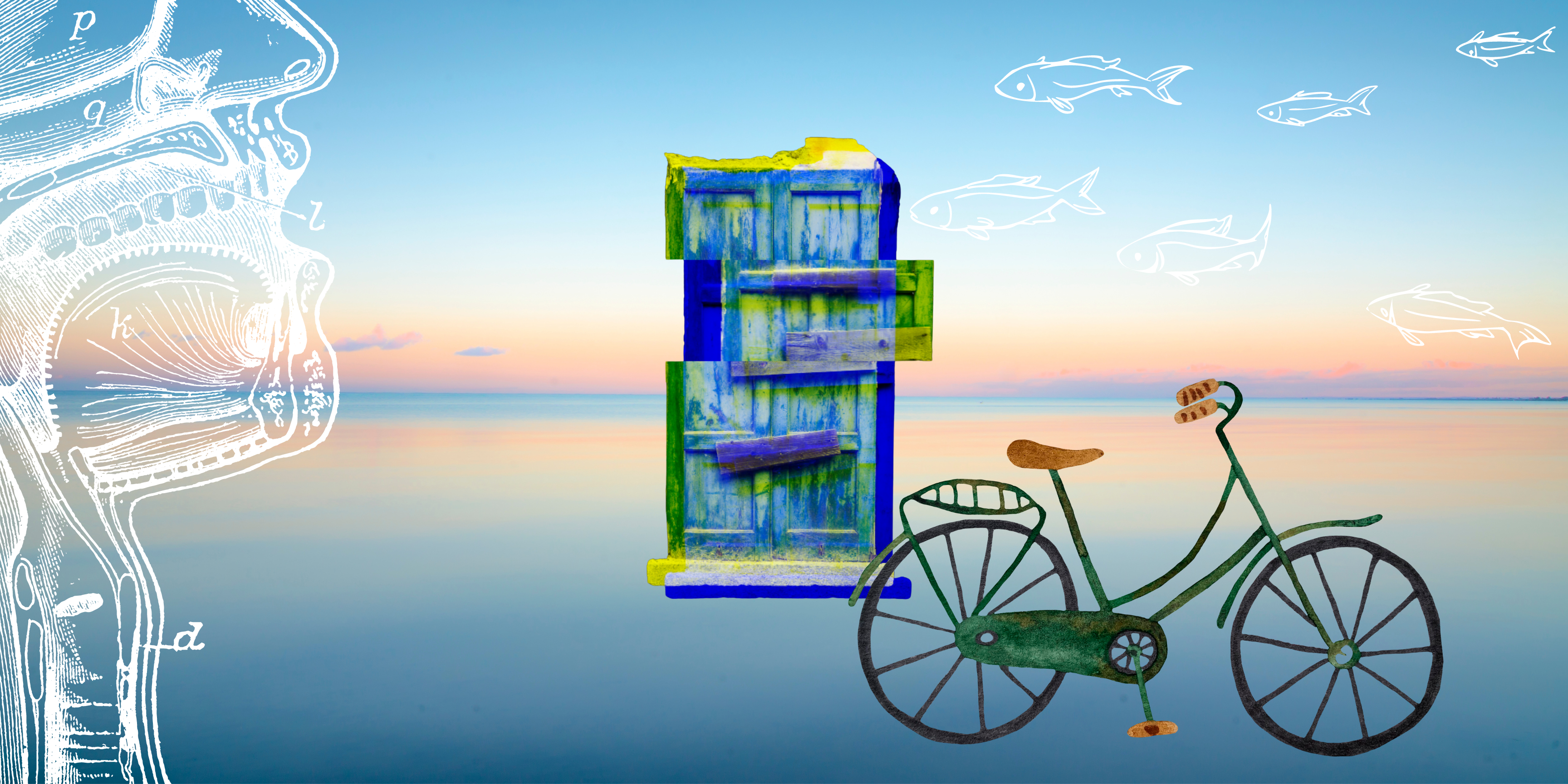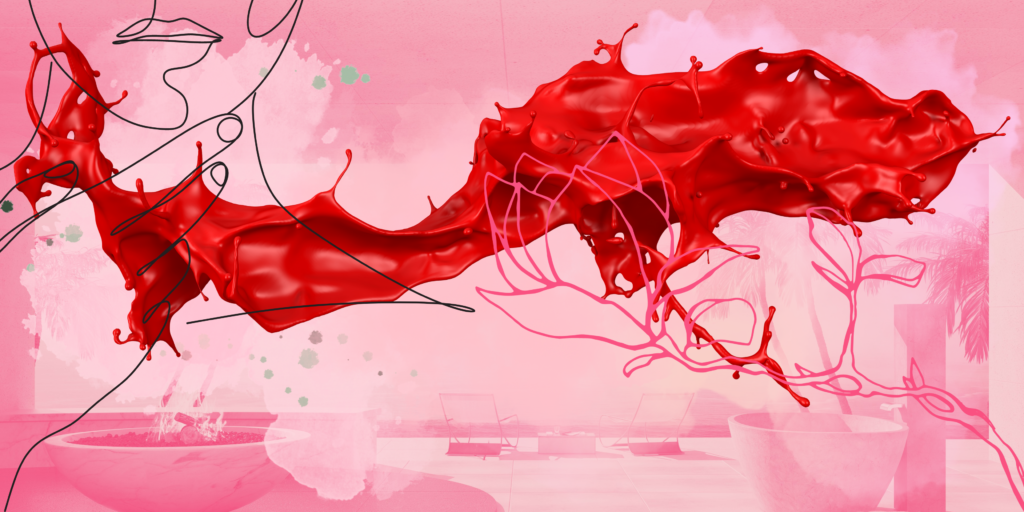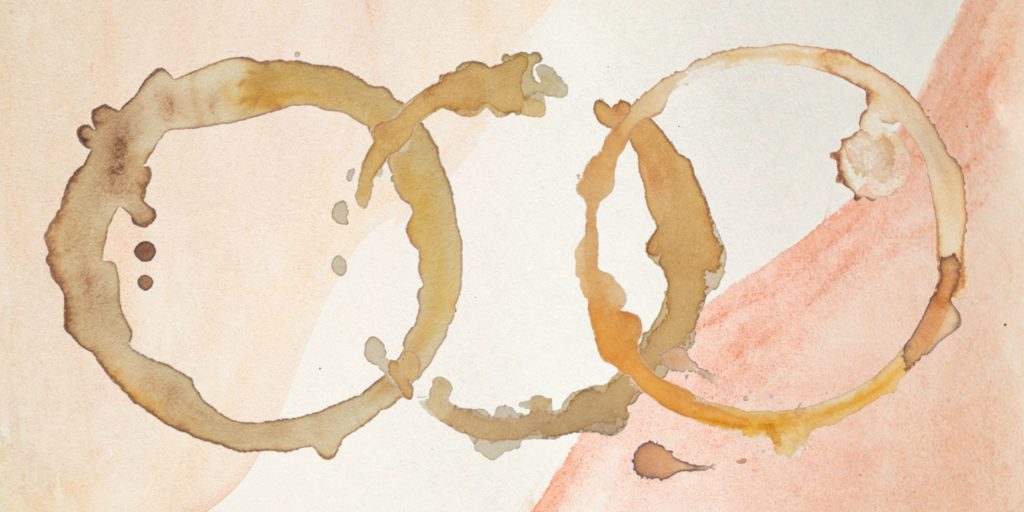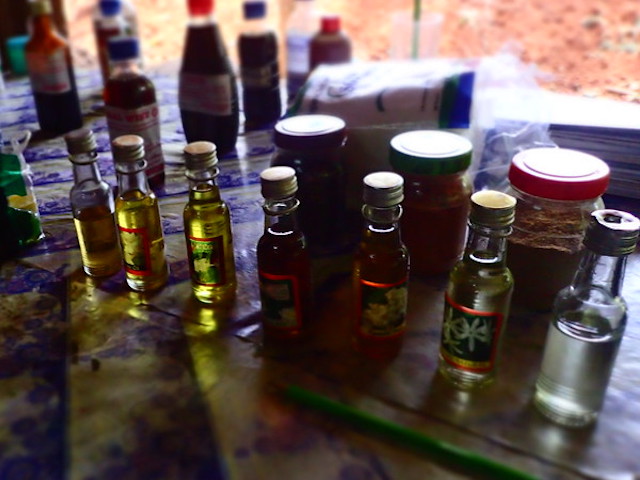Sundays are our busiest days. While God rests, we work.

March 10, 2023
All the clocks that survived the tsunami are frozen from the time it hit. Discoloration on the walls marks the waterline of the sea, a man takes diving lessons to search for his wife’s remains day after day, and our volunteer tents pop up along the coast of Northeastern Japan.
This town where I’m staying, already a provincial dot on the map before the tsunami, can hardly even be called a town now. At night, there are no lights as I bike past hollowed-out houses. Only the very old and the very young remain, living in cramped rows of small portables. Anyone who can hold down a job has left.
Sundays are our busiest days. While God rests, we work. At the recently rebuilt community center, we entice the locals to join us with bingo and food, but hope that the message of Jesus, which comes as a side dish, will satiate their spirits. There were no churches here before the tsunami. Now, three are being built. Yumi, a Japanese translator who works with us tells me, “Japanese people are born Shinto, marry Christian, and die Buddhist.”
“And everything in between?” I ask. “Who do they believe in?”
“Nothing,” she says.
An old man with half a mouthful of teeth dances around the community center puppeting a wooden lion’s head. The old folks are oddly chipper, and though I want to ask how they could be so upbeat, my Japanese is limited. “Happy?” I ask the dancing old man in Japanese. “Happy,” he says as he uses the lion’s mouth to massage my shoulders; “happy,” he says as he uses its bamboo teeth to bite my breast. I smile the unwitting smile of skeletons. Everyone else in the community center goes about their business, slurping their tonjiru soup.
As people find their shoes in the foyer and shuffle out the sliding doors, a young girl—who wears a head wrap to hide the way grief has made her hair fall out in fistfuls, slick and black as an oil spill—reaches out to touch my blonde hair. I place my hand on her head to pray for her, but she screams as though burned.
In the afternoon, we visit Mrs. Yamamoto’s recently rebuilt house. The freshly laid tatami mats smell of straw in a way that reminds me of the ranches back in Oklahoma. Black lacquered boxes full of glazed fish and seasonal vegetables are passed around. We pray over the food. We pray over the house. We ask Mrs. Yamamoto if, now that Jesus has rebuilt her home, she would be willing to accept Him into her life. She says yes; no one has said no. I catch Mrs. Yamamoto watching the wooden clock with the brass pendulum for the rest of the afternoon as we plan her baptism. The glazed salmon sticks to the roof of my mouth, and I nearly choke on a fishbone, my tongue not practiced at separating the splinters from the flesh.
Back at the volunteer base, Yumi is writing in a journal, her hair a privacy curtain over its pages.
“Why didn’t you come to Mrs. Yamamoto’s with us?” I ask.
“I came here to be a volunteer, not a missionary,” she says.
“We’re here to help people physically and spiritually.”
Yumi closes her notebook, and the conversation, I believe, is over. However, that evening she tells me to walk with her back to the community center that functions as a café most of the time. The young barista, Takara, is alone, sweeping the floors, about to close up. Yumi and Takara converse in Japanese as I stand mute in the corner.
“I’m going to ask what she thinks about the Christian God, okay?” Yumi says.
I remember Takara from when we baptized her, her wild hair plastered to her face, eyes shocked open as she rose out of the ocean in all white. “He’s everyone’s God,” I say, “including hers.”
“Just let me ask.” I catch two more words I recognize—Kami-sama (God), and Iesu Kirisuto (Jesus). Takara continues to glance in my direction as she answers.
“Well?” I ask.
“She says that of course she is grateful to the Christians and their God for helping rebuild her home and for building the community center after the disaster.”
“Okay,” I say. “Well,” I say, “her God too, right?” Takara’s face when she rose out of the ocean had bothered me. She looked frightened, as though what she saw beneath the waves was not God, but something far more powerful.
Yumi asks again, and again Takara glances at me.
“Pretend like I’m not here.”
Takara turns her back to me, and she speaks more freely. I can still feel where the fishbone had caught in my throat. It hurts when I turn my neck.
“Takara says she doesn’t mean to be rude to your God, but if he exists, then why would he have allowed something like the tsunami to happen?”
In an unfailingly polite country, no one has asked me this question yet, but I am prepared for it. Back in Oklahoma, between mouthfuls of pulled pork and deep fried okra, foods that didn’t harbor secret pins waiting to tear into your esophagus, we discussed the trials Jesus sets upon us, God’s plan, and original sin. “The answer to why God allows bad things to happen is a tricky one,” my pastor said. “The most important thing is to get them to spend time with you and with God.”
“I don’t have the answer for you right now, but you know who does?” I say, pointing skyward. “If we pray to him for guidance and look at scripture, we can find out why, together.”
Takara listens to Yumi’s translation and shakes her head. Yumi tries a different translation; Takara frowns. “Sumimasen,” she says, “wakarimasen.”
These are the words I know and use daily. It is what I say to every person I meet in Japan, sometimes even before they begin to speak.
“Sumimasen, wakaranai.”
I’m sorry, I can’t understand.



